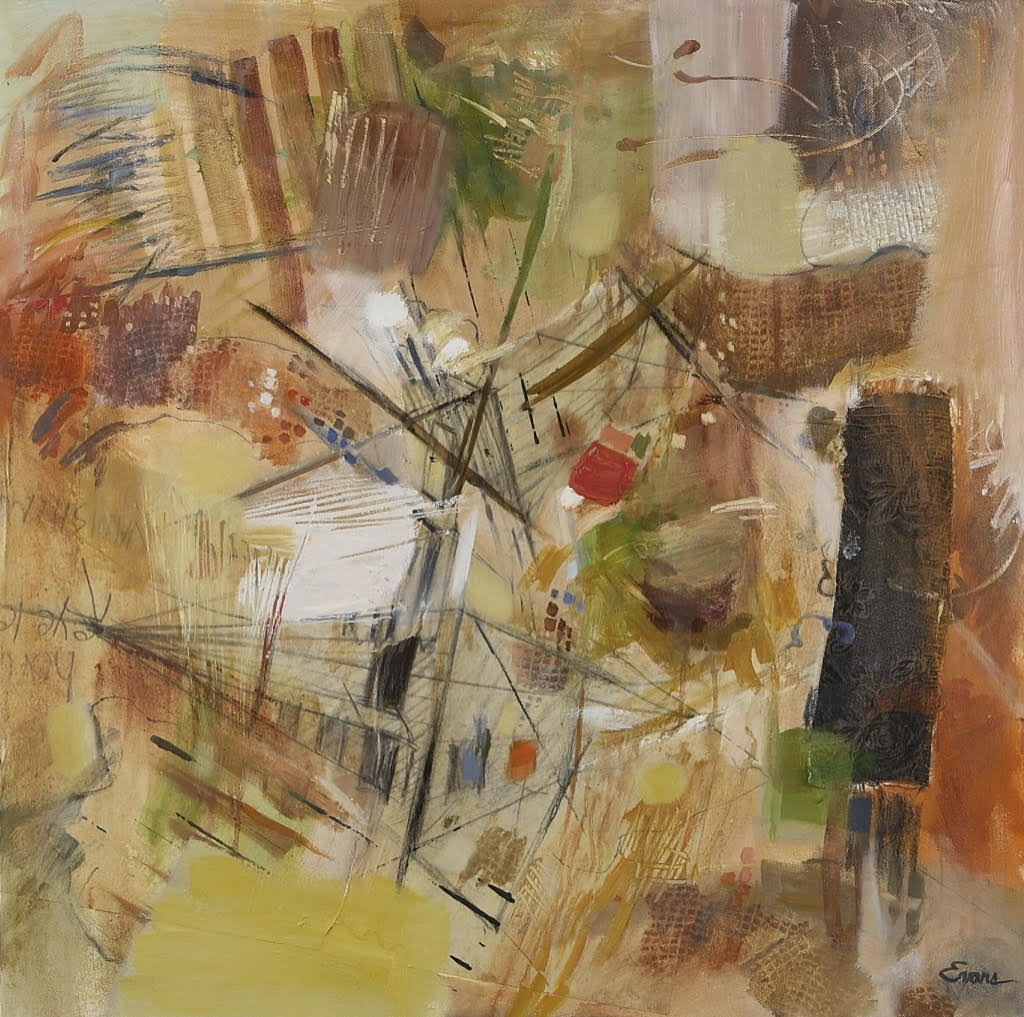Misunderstood for generations, Neanderthals were not thought to be as quick-witted or inventive as the later arrival, Homo Sapiens. Seen as uncivilized, unintelligent, thick and thuggish, “Neanderthal” became a joke. Someone considered stupid or uncouth was referred to as “such a Neanderthal!”
But we now know Neanderthals expressed intelligence and creativity. They made fire, flaked flint tools, created clothing from animal hides, wore decorated beads. Some mated with Homo Sapiens, once that species arrived. And Neanderthals managed to keep their culture viable for about 300,000 years. Will we humans sustain ours as well?
Neanderthals were the earliest artists. Caves throughout Europe and Western Asia are filled with their flowing depictions of animals, hunters, and patterns in varied paint colors. I was privileged to visit the Eyzies and Lascaux Caves in France many years ago, which I understand are no longer open to the public. Studying art with my college group abroad for nearly four months, I remember many electrifying experiences on that trip but none more so than the prehistoric caves we entered. It was as if we’d gone back in time. As if we student artists lived in the cave with these prehistoric artists, as if we might inquire about how they mixed their paints or found their subject matter. It was an eerie, unforgettable experience. Their ancient designs were modern, inspiring, ready for the MOMA.
Some of us have Neanderthal in our DNA. I’m one of them with about 3% Neanderthal according to the National Geographic DNA test I took about 7 years ago. I like being linked to these first artists, even if only infinitesimally. I like to think that a tiny bit of who they were has filtered down in me, that their creativity is part of my creativity.
But, on the other hand, does it really matter who we descended from? We are here. That’s what matters. What we do, express, and care about matters. How we treat each other. That we grow and learn. That we add something important to humanity’s on-going ballad. That our particular gifts enable us to make things better. If with their limitations the Neanderthals could manage to keep their culture vibrant for over 300,000 years, ought we not be able to manage some semblance of harmony and progress in our world for a few thousand? Or will we vanish because of our anger, hatred, and warfare? And because of our neglect of the environment? And our lack of care for other species that we’ve let go extinct as we fossil fuel them to death? Unlike Neanderthals we will not leave captivating cave paintings behind to be appreciated by future generations of humanoids. But the question is, will we leave anything?
Artwork: Vanishing Point 24″ x 24″ oil and mixed media on canvas, $975. Abstraction allows for multiple meanings, which is one of the reasons I like doing it. In this case, I was taking the vanishing point concept used in rendering drawings to also suggest the vanishing of an idea or object.
